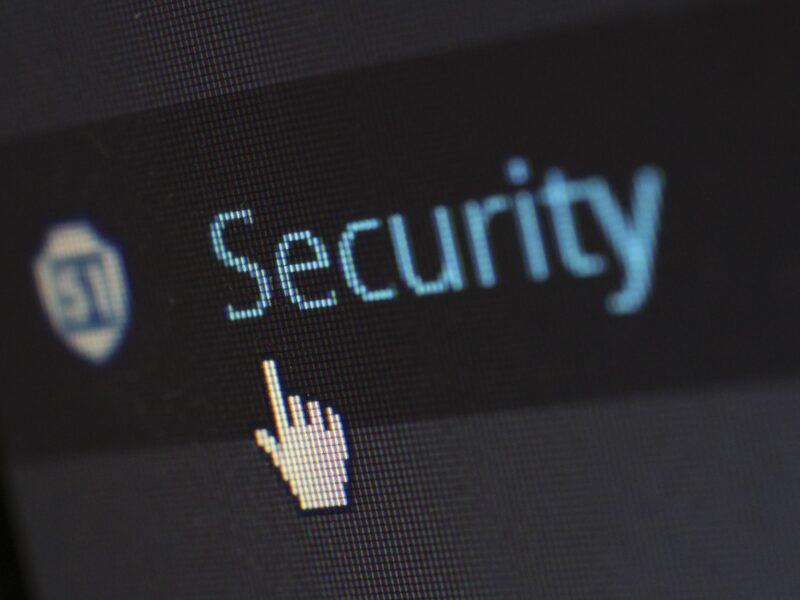Welcome to the Criminology course on Cybercrime, Environmental Laws and Protection!
This course is designed to provide students with a comprehensive understanding of the emerging and persistent crimes in the country, specifically in the areas of cybercrime and environmental protection. This course aims to equip students with the necessary knowledge and skills to identify, prevent, and respond to these types of crimes.
The topics are as follows:
- Cybercrime:
- Cybercrime prevention and response
- Computer crimes and frauds
- Cyberbullying and online harassment
- Cyberterrorism and national security
- Intellectual property theft and digital piracy
- Environmental Laws and Protection:
- Philippine environmental laws and policies
- Environmental impact assessment and monitoring
- Sustainable development and natural resource management
- Illegal logging and wildlife trafficking
- Waste management and pollution control
Students can learn about these topics meaningfully through lectures, discussions, case studies, and other activities. At the end of this course, students will have gained a deeper understanding of the impact of cybercrime and environmental degradation on society and how they can play an active role in promoting a safer and more sustainable future for the Philippines.
References:
- Cybercrime:
- Holt, T. J., & Bossler, A. M. (2018). The evolving role of technology in organized crime in the Philippines. Crime, Law and Social Change, 70(3), 309-324.
- Philippine National Police Anti-Cybercrime Group. (2020). Cybercrime statistics in the Philippines.
- Tan, J. G. (2019). Cybercrime in the Philippines: A comparative study. Philippine Journal of Social Sciences and Humanities, 4(2), 111-125.
- Environmental Laws and Protection:
- Department of Environment and Natural Resources. (2019). Philippine Environmental Laws. R
- Mendoza, M. E. (2016). Environmental crime and protection in the Philippines: A review of policies, laws, and issues. Asian Journal of Criminology, 11(1), 35-47.
- Philippine Statistics Authority. (2019). Philippine Environment Statistics.



